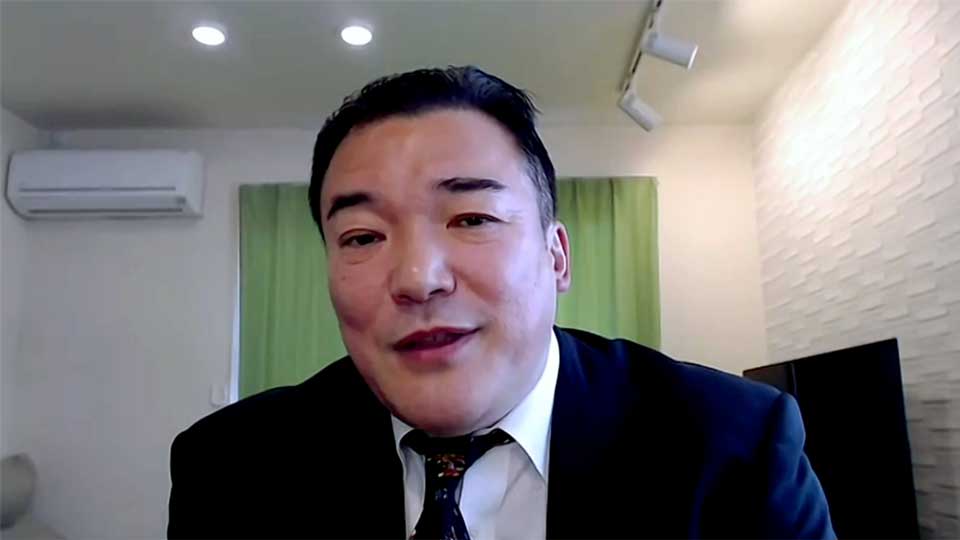With shareholder meeting season reaching its peak in Japan in June, companies are seeing an influx of proposals. Many call on firms to improve corporate governance, and the measures are attracting growing support as investors seek to boost corporate value.
Mitsubishi UFJ Trust and Banking says out of 2,270 companies holding shareholder meetings this month, 90 have received proposals from investors relating to increasing dividends and the appointment of directors. The number of proposals 40 years ago was just one.
Activists targeting Japan
The proposals entail moves by so-called activist investors who aim to shake up company management. They have set their sights on major Japanese firms including Seven & i Holdings, Toshiba, Sapporo Holdings and Fujitec.
Activists were once seen as short-term profit seekers who had only a shallow understanding of business and no interest in long-term company growth. But that has changed.
Hong Kong investment fund Oasis Management has repeatedly called for changes at elevator manufacturer Fujitec as it seeks to overhaul the firm's corporate governance.
The fund wanted to replace the company's president, a member of Fujitec's founding family, saying he exerted influence beyond his authority. Oasis also wanted to reshuffle the company's board.
The fund has now managed to get Fujitec's president and board members replaced.

Oasis Management's Chief Investment Officer Seth Fischer says Japanese companies face challenges that leave a role for activists.
He says one problem is ineffective boards of directors that can lack independence, diversity, and are often reluctant to seek new business opportunities.
NHK's interview with Fischer: Activist shareholders shake up corporate Japan
The increase in proposals by activist investors comes as the Japanese government and the Tokyo Stock Exchange have been urging companies to place a greater focus on boosting corporate value.
Proposals face pushback
But most investor proposals have failed to make it through.
Japan Securities Finance held a shareholder meeting on Thursday. The firm is in charge of lending stocks and funds to securities firms for credit trading in stocks.
Since going public in 1950, all of its company presidents have been former board members and deputy governors of the Bank of Japan.

The post of company chairman has also customarily been held by a former Bank of Japan president. But activists sought to end the practice, demanding that the position be abolished while also seeking to have the president's pay disclosed.
Proposals by shareholders and demands by an investment firm were all rejected by a majority vote.
Maruki Tsuyoshi is the president and CEO of Strategic Capital, the investment firm calling for change. He said he is not disappointed that the proposal was rejected, but he wants the company to make efforts to improve value for shareholders by upgrading the target for its current management plan. He also wants to continue dialogue with the company.
Meanwhile, the company said that fairness, neutrality and public awareness are important to the appointment of the president since the company plays a role in the infrastructure of the Japanese market. Okada Yutaka, a senior managing director, said that a person from the Bank of Japan is easier to explain in terms of neutrality than a person from a specific financial institution or a securities company.
The company also announced in January that it will not choose the next president from the public sector, such as the Bank of Japan. Okada said he believes that personnel from within the company are suitable for the top spot.
Seven & i Holdings faced off with activist investors
Stockholders seeking change also failed to break through in May during the shareholder meeting for Japan's largest convenience store chain, Seven and i Holdings.
Prior to the meeting, major shareholder ValueAct Capital had called on the company to separate its lucrative convenience store business from operations that are struggling, such as its supermarkets and department stores.
Seven and i Holdings has various types of businesses, but its convenience stores in and outside Japan generate most of its profit. Earnings from supermarkets account for less than 5% of the total, while department stores are in the red.
ValueAct wanted the company to focus on expanding its profitable convenience store arm, possibly with more openings overseas.

But management rejected the demand. It claimed that some of the big hit food items in its convenience stores came from ideas developed for its supermarkets.
The US-based investment fund responded by proposing to replace four of the company's executives, including the president.
During the shareholder meeting on May 25, a majority of stockholders sided with management. They voted down the demands by ValueAct, and President Isaka Ryuichi held on to his post.
But only 76% wanted Isaka to keep his job, compared to 94% at last year's meeting.

Takeshita Seijiro, a professor at the University of Shizuoka and an expert on corporate management, says Seven and i Holdings and the activist investors have fundamentally different goals.
"How Japanese companies operate is totally different from the western style, particularly the American style. It's called 'stakeholder governance,' which does not just focus on shareholders. One of the biggest aims of this management style is the perpetual continuation of operations, rather than short term gains to make shareholders happy," says Takeshita.
"Japanese companies should place much more focus on the effective usage of their resources. And they should have a more decisive, top-down decision-making process. They're also still operating very much behind closed doors, and they need to tackle their lack of diversity in terms of gender and nationality."

